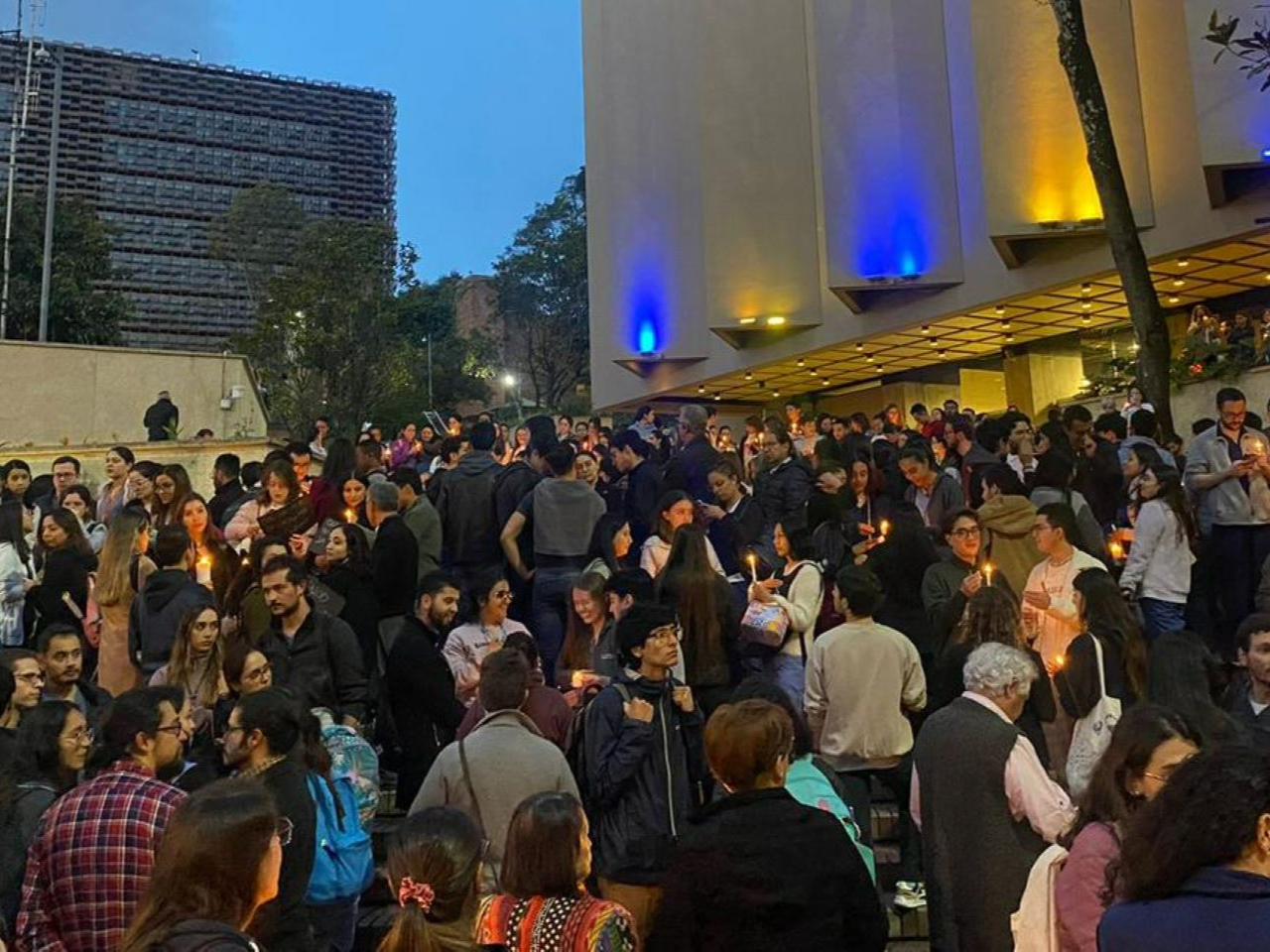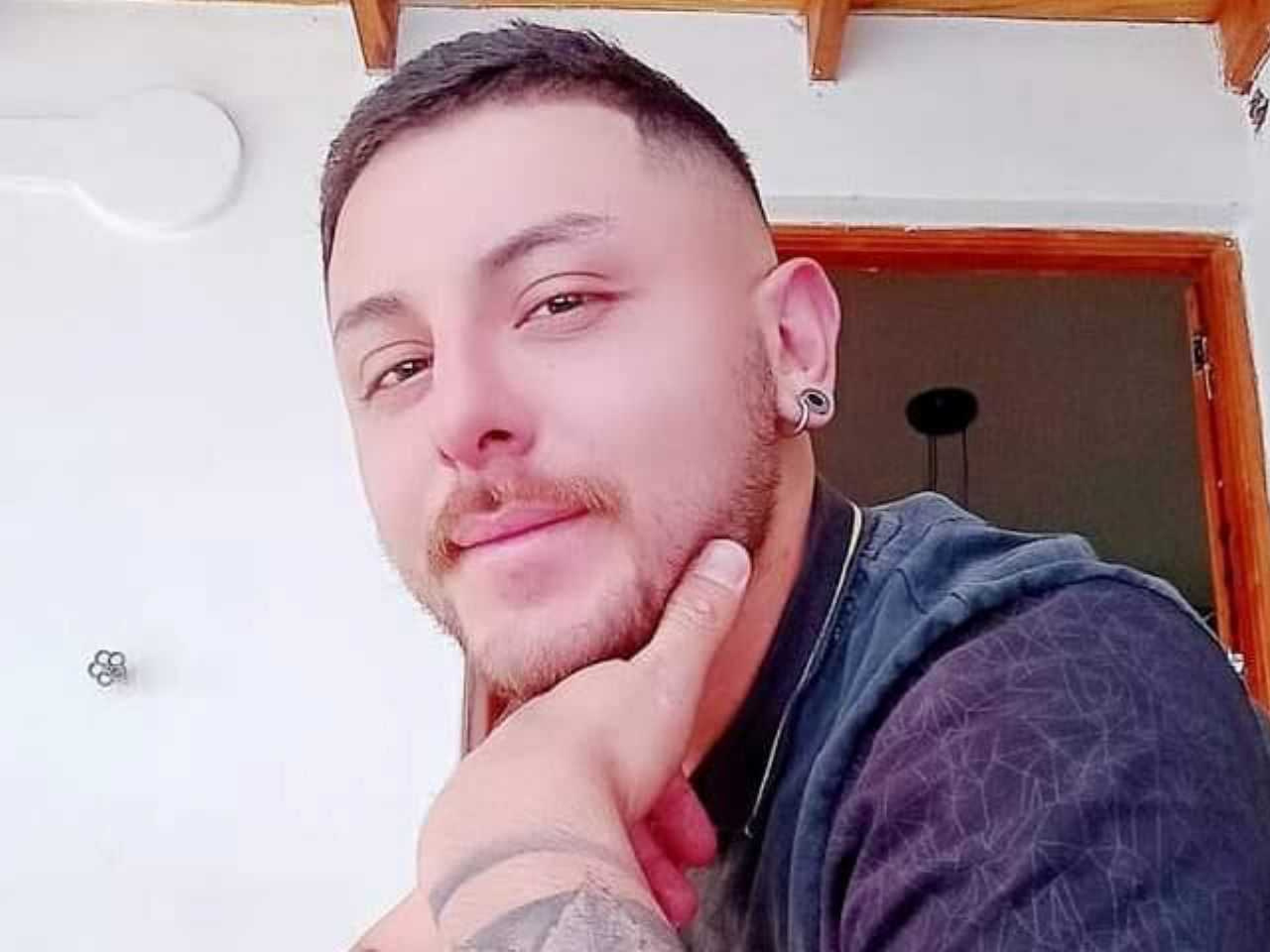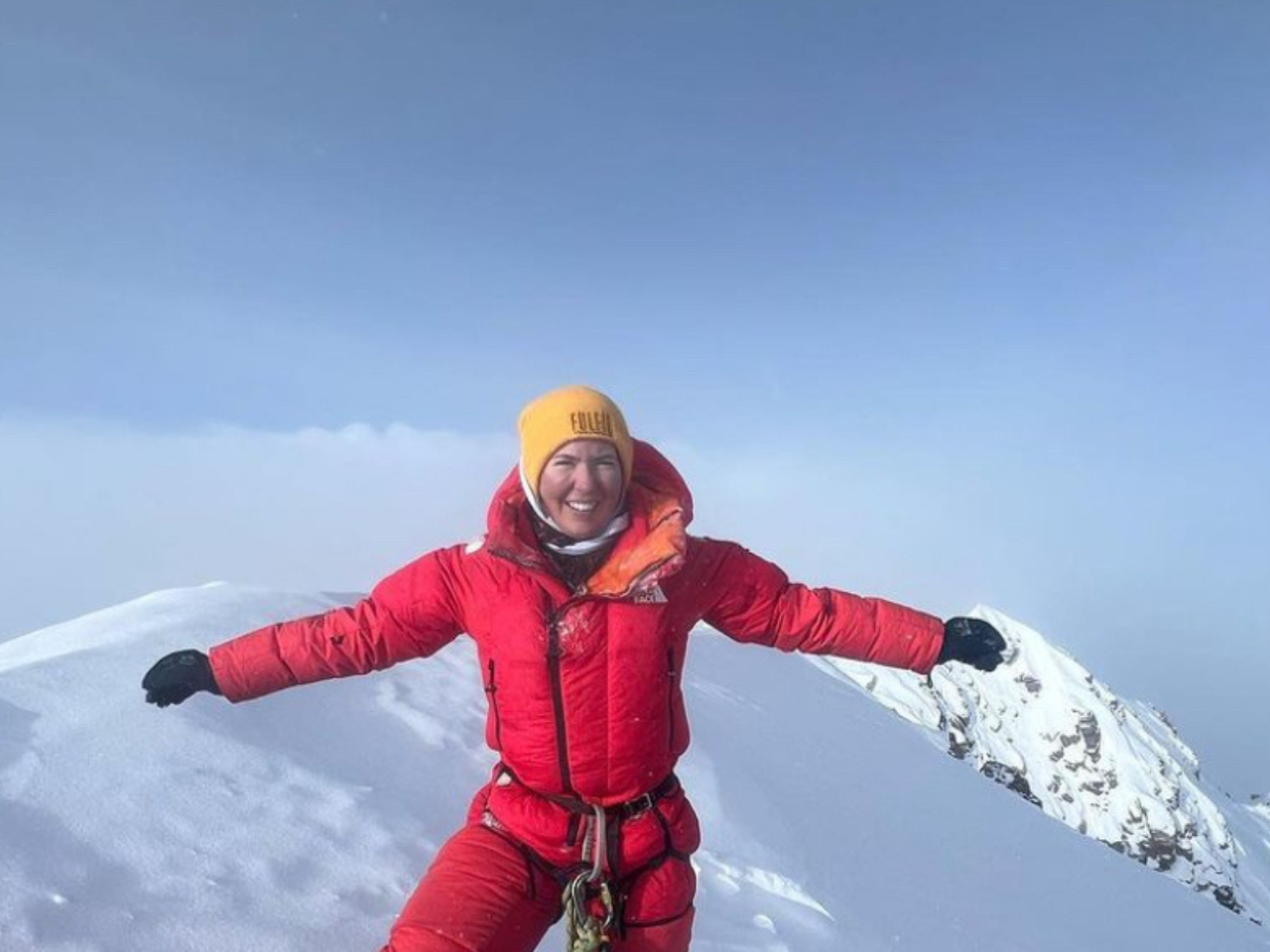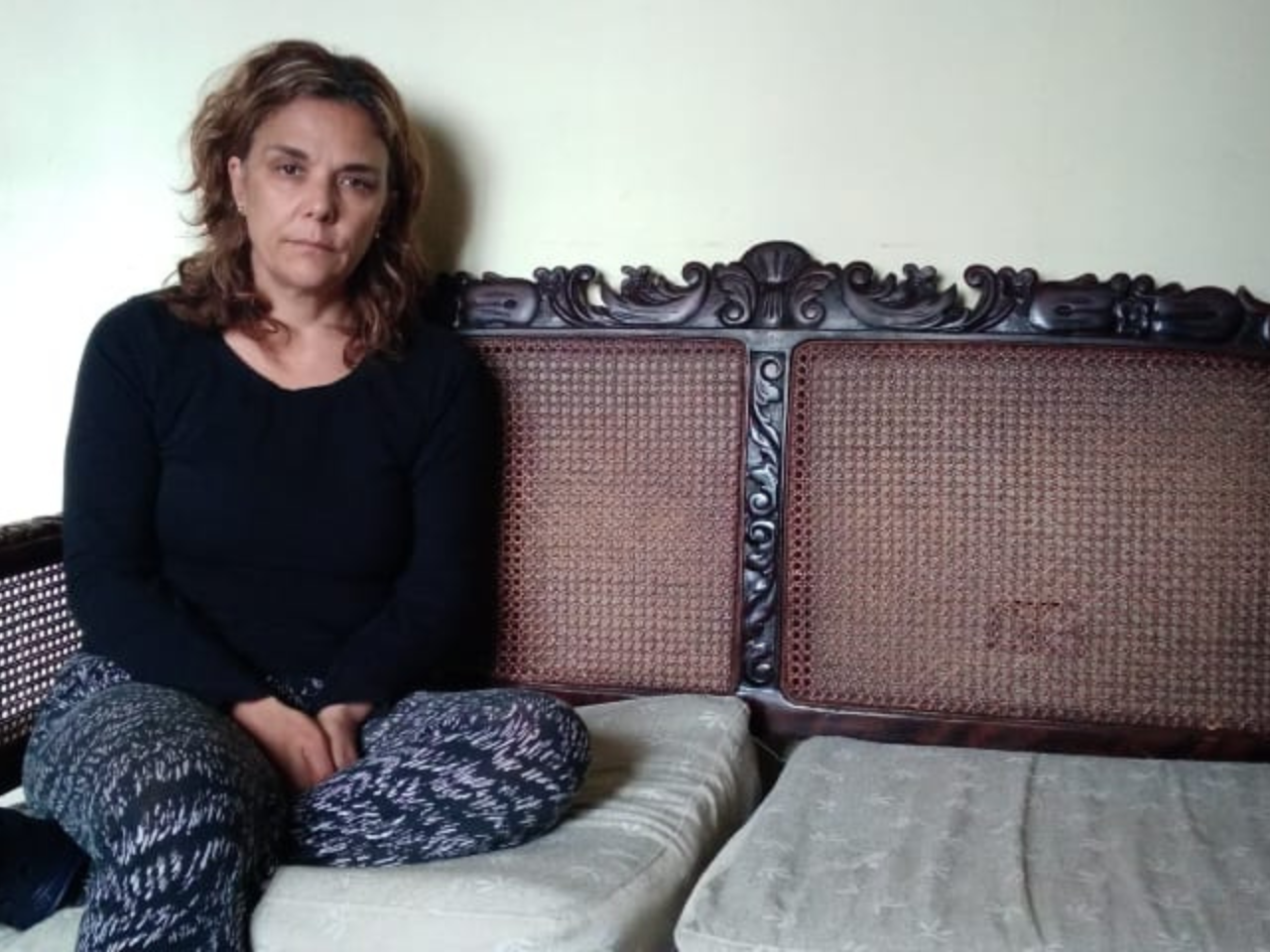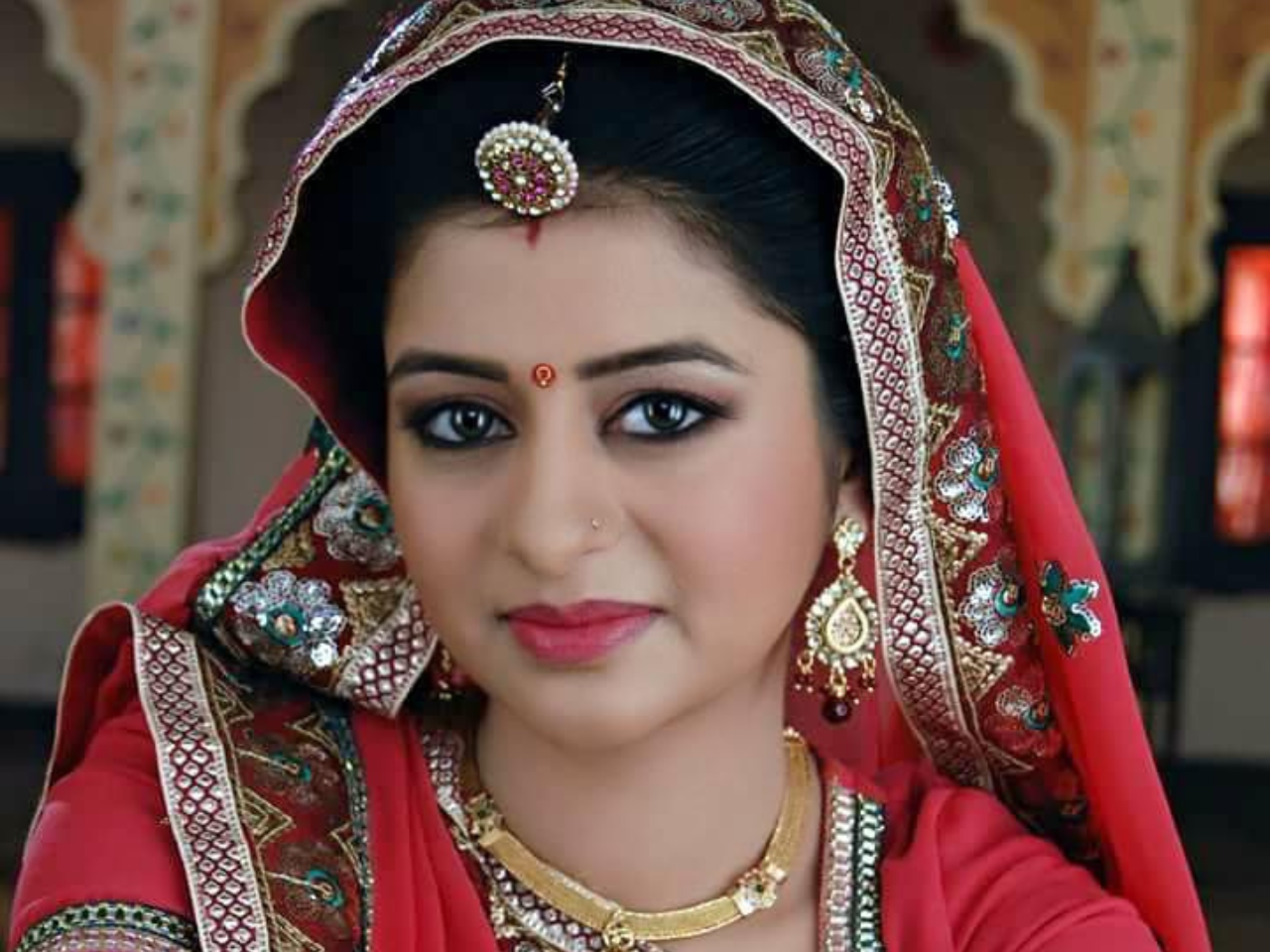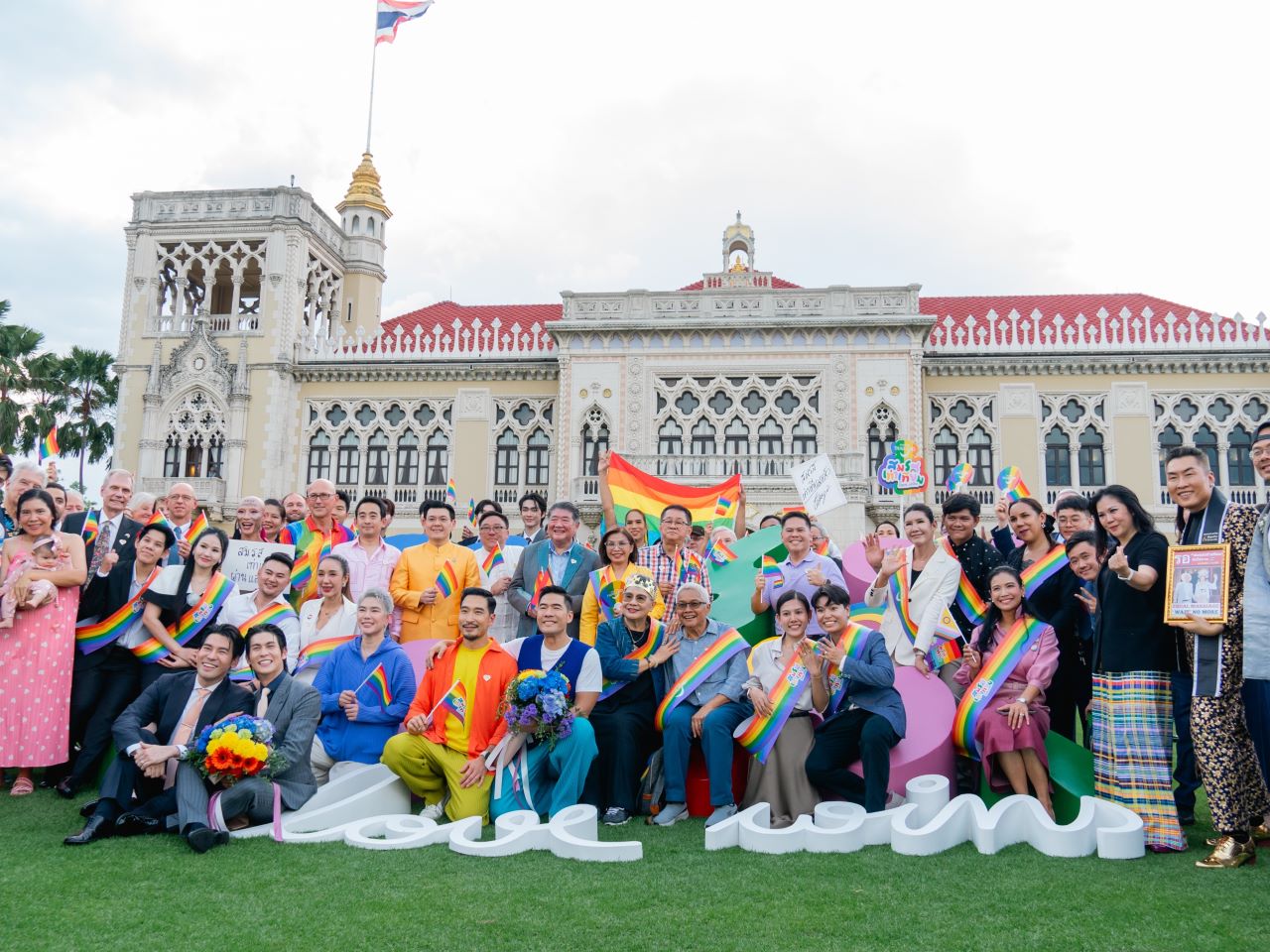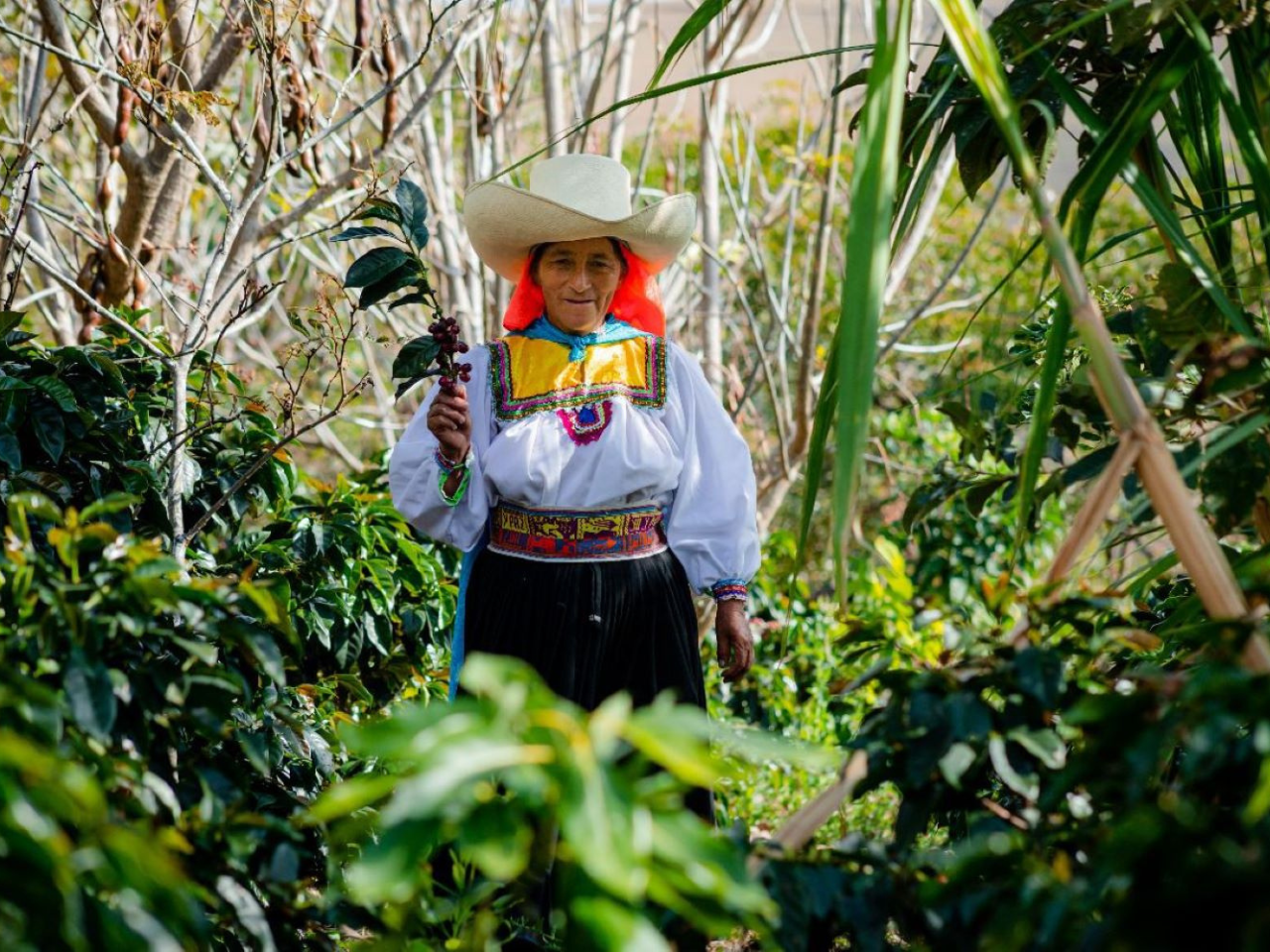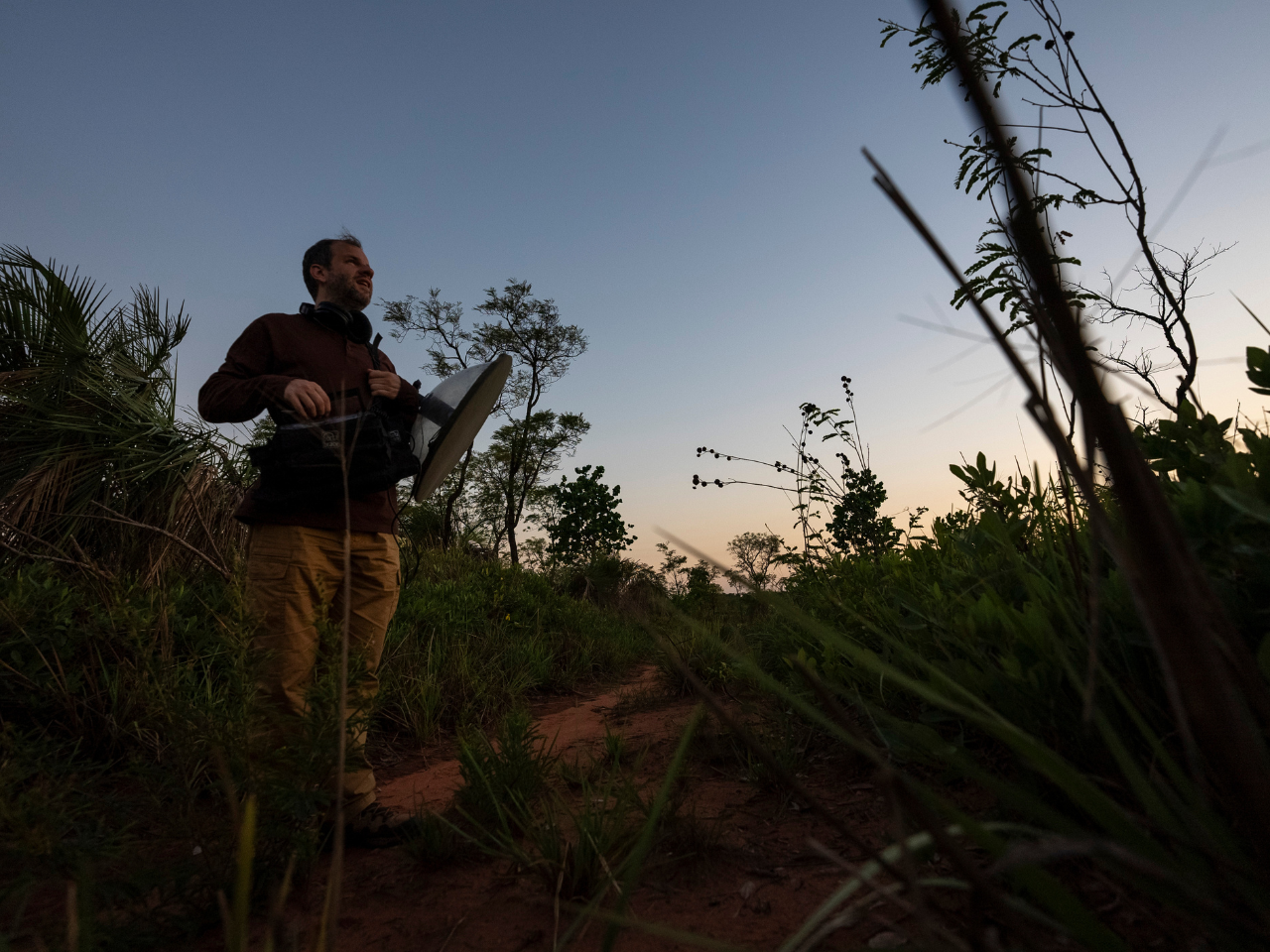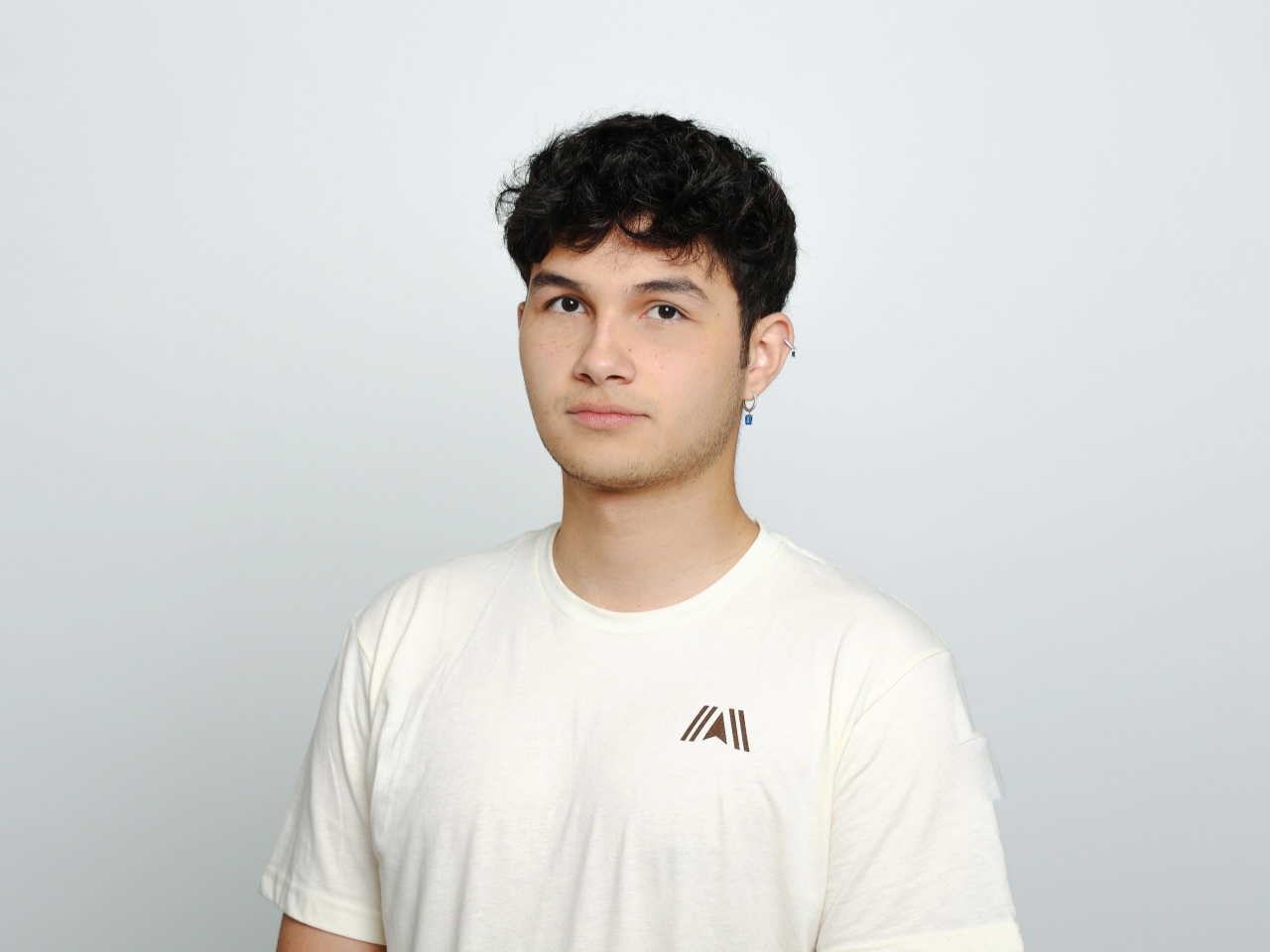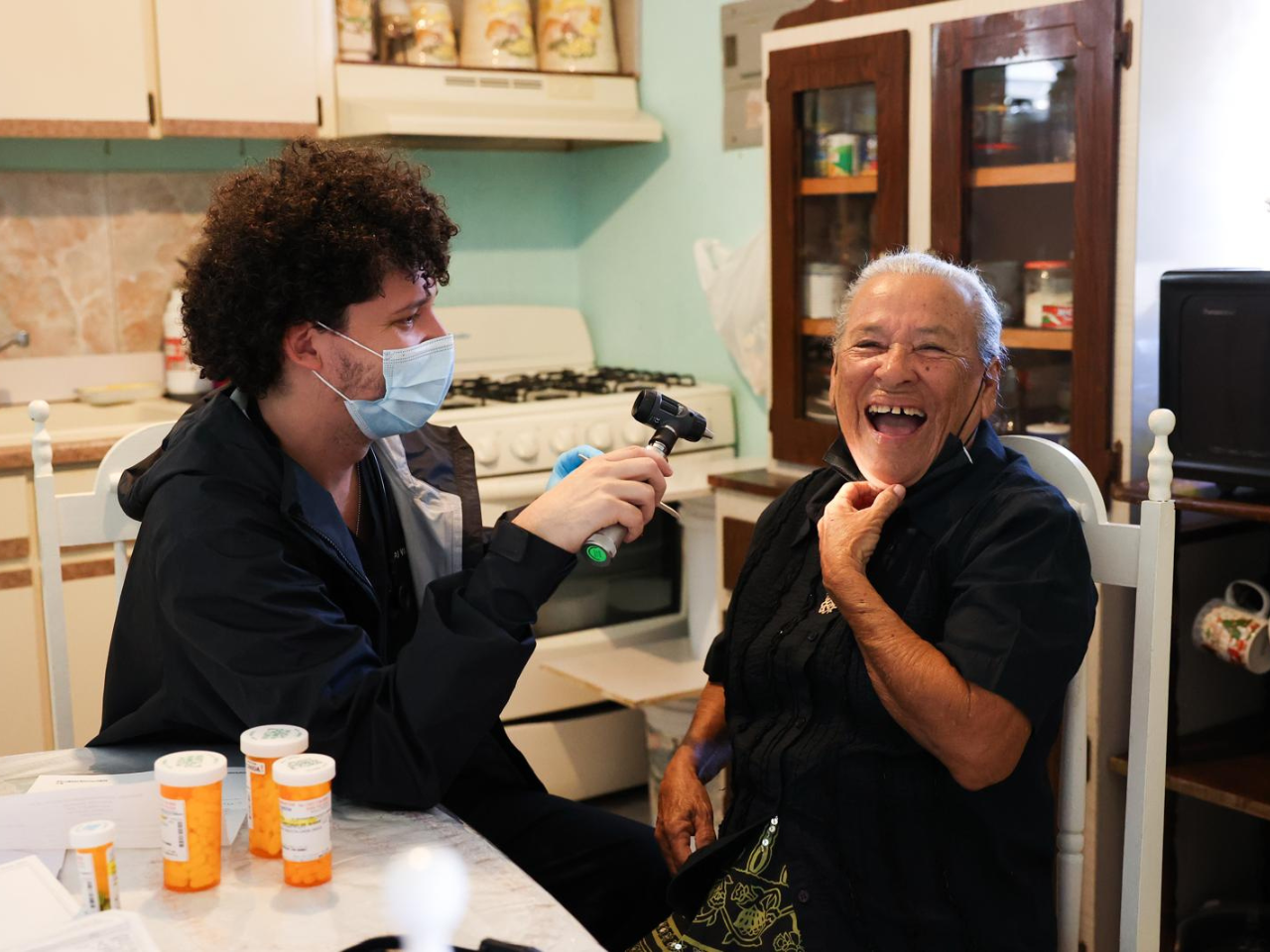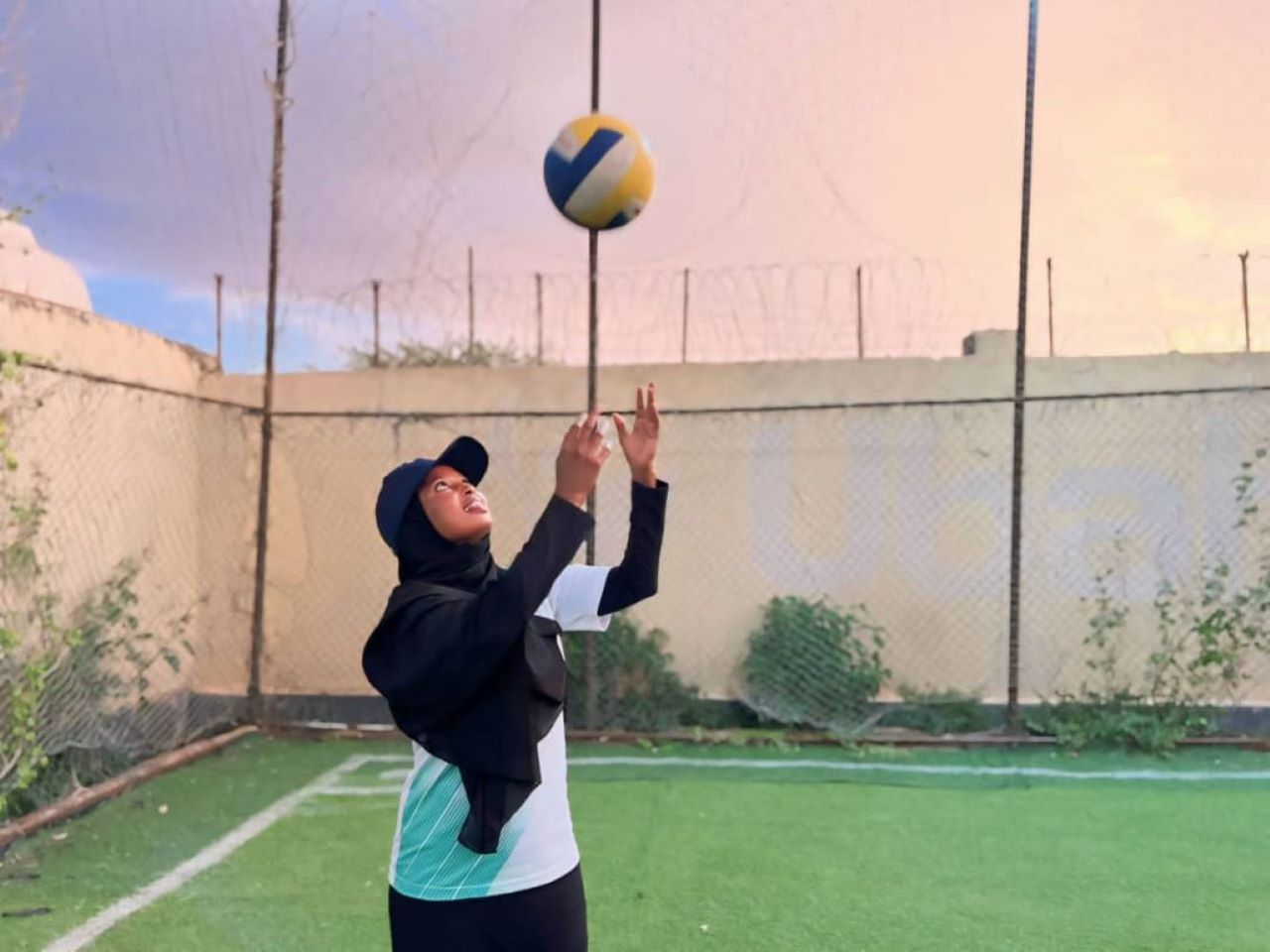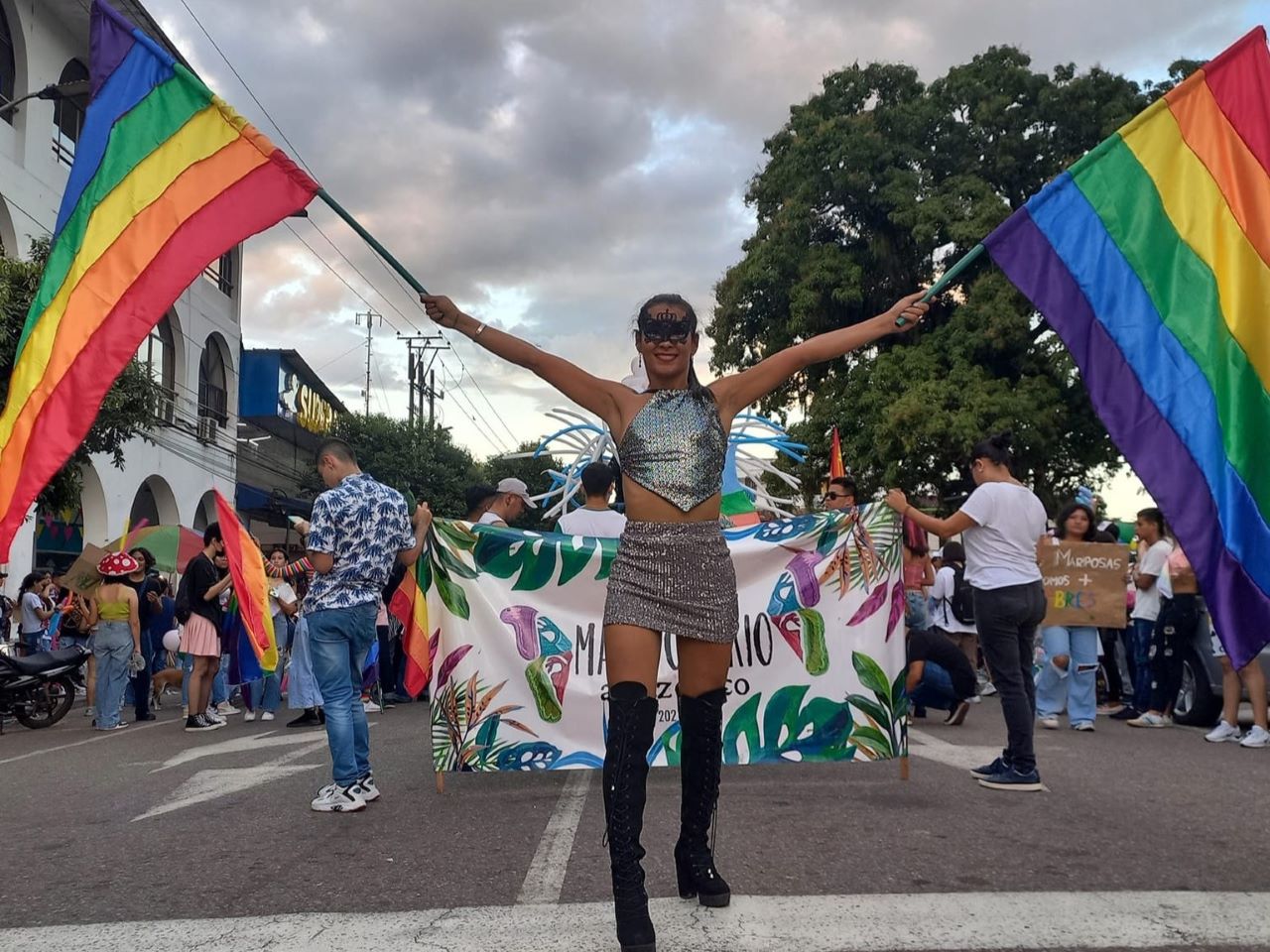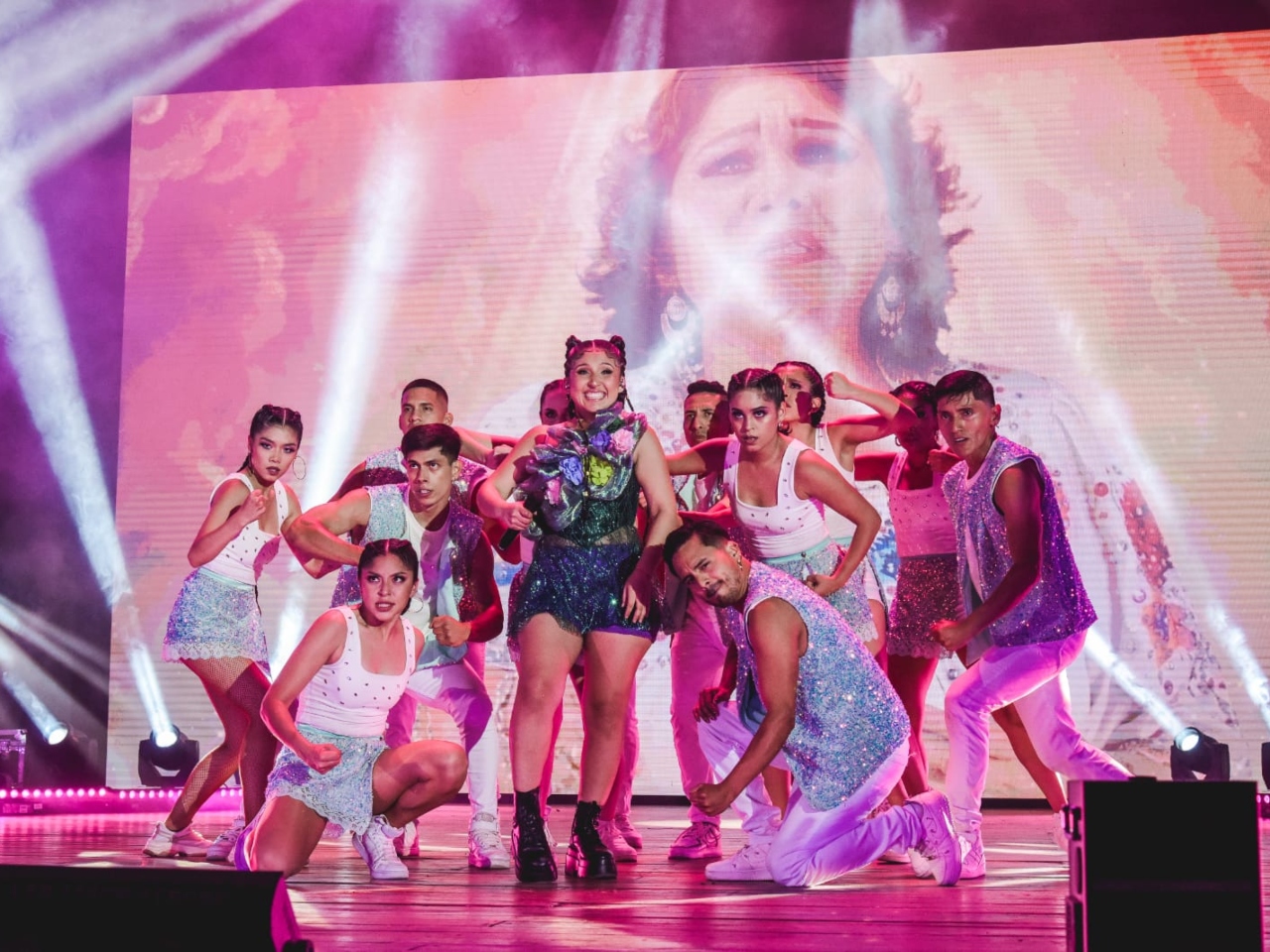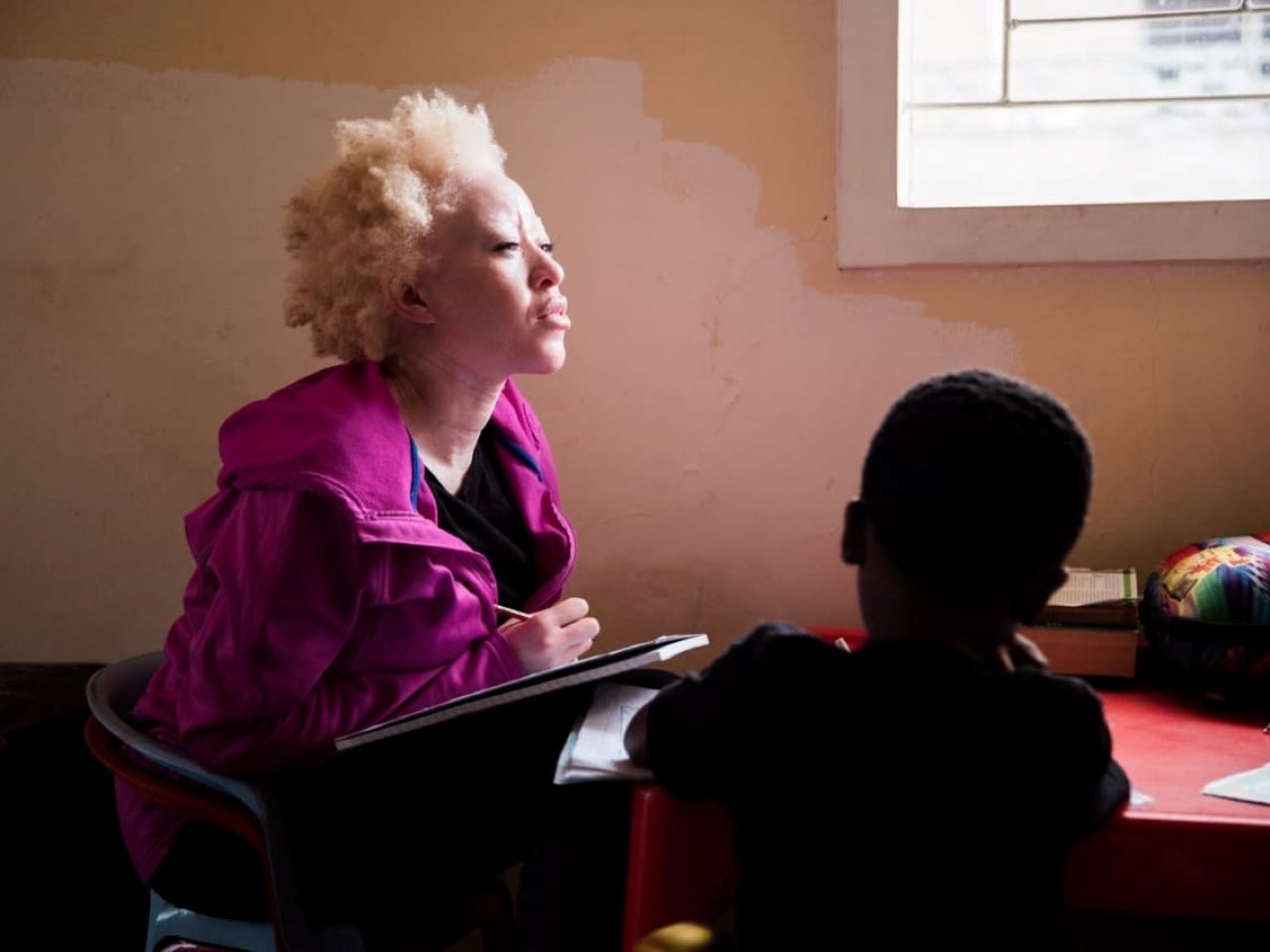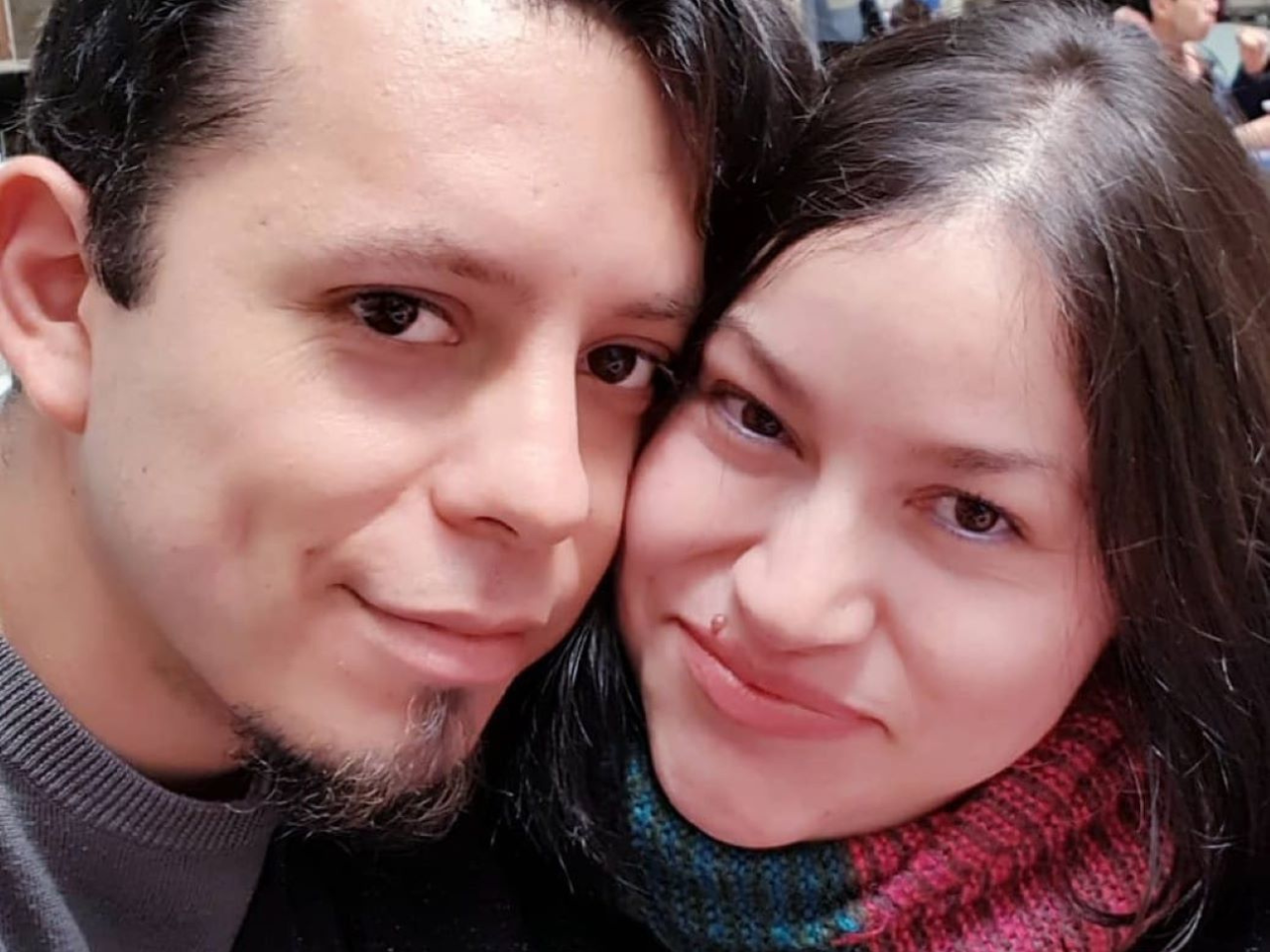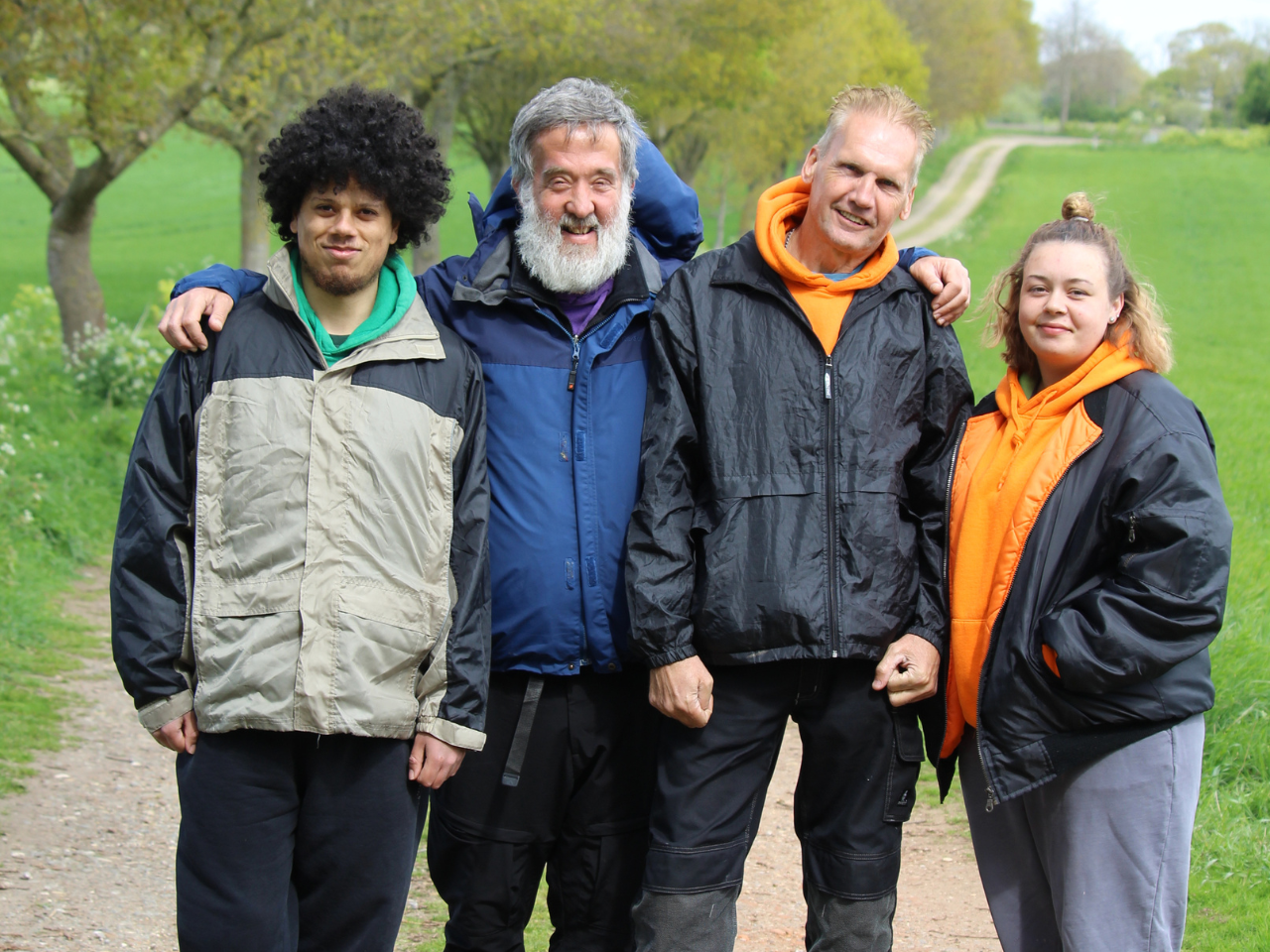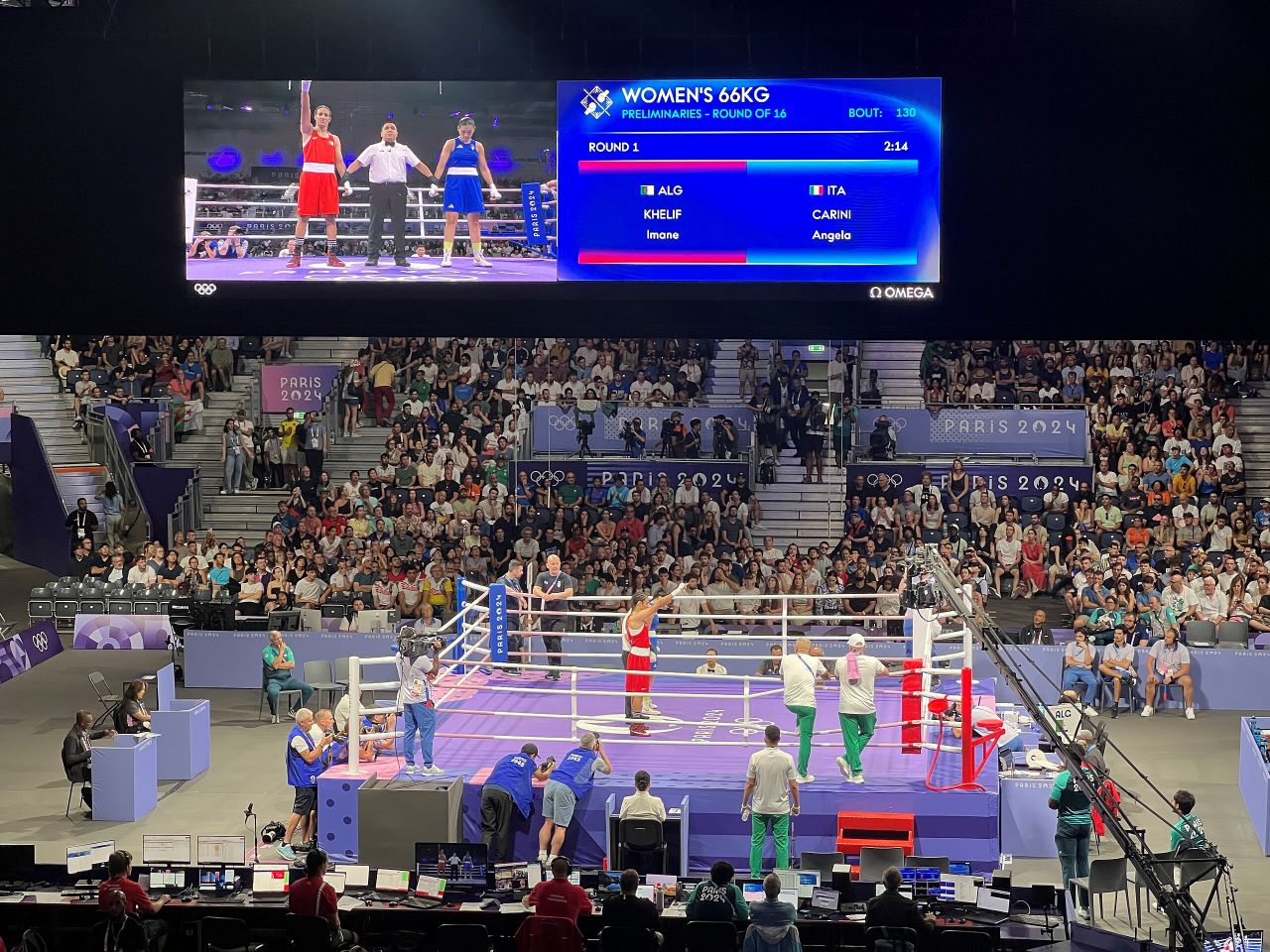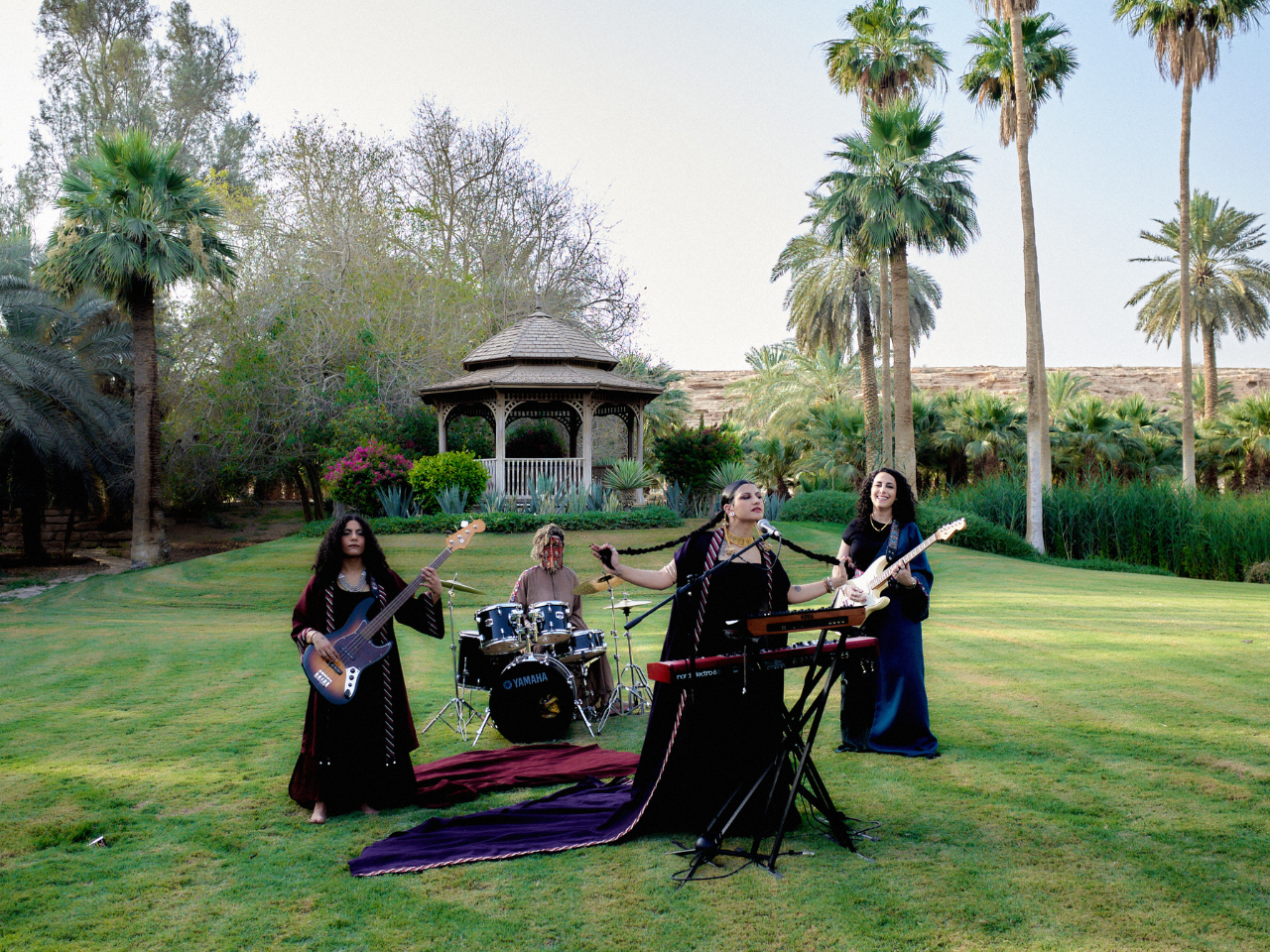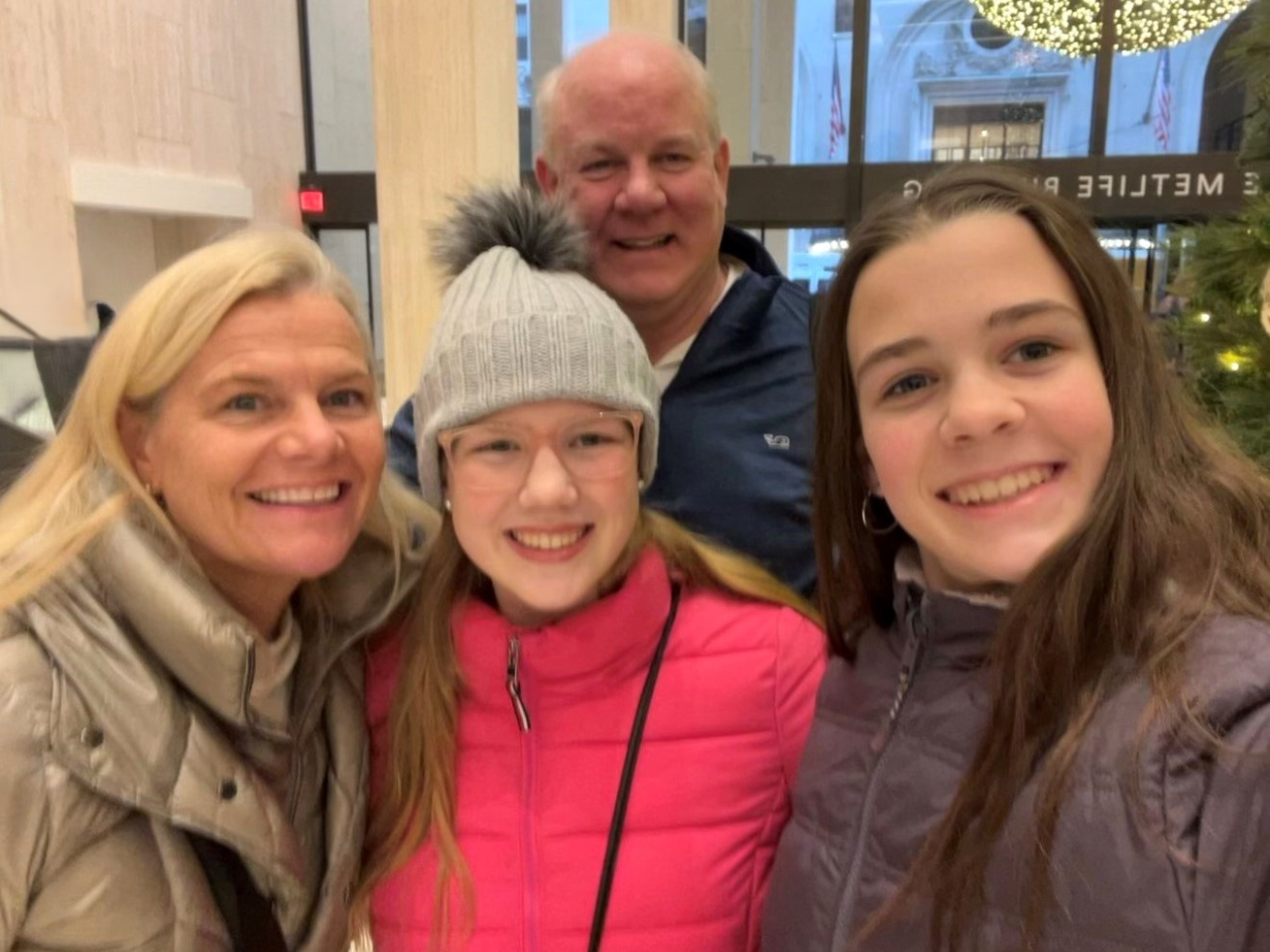Midwife saves hundreds of women during El Salvador’s civil war
We sat in the mud, on a plastic sheet where the baby was going to be born. With no help other than the old rags that we carried, I tried my best to deliver her baby in the middle of a jungle.
- 3 years ago
January 25, 2023
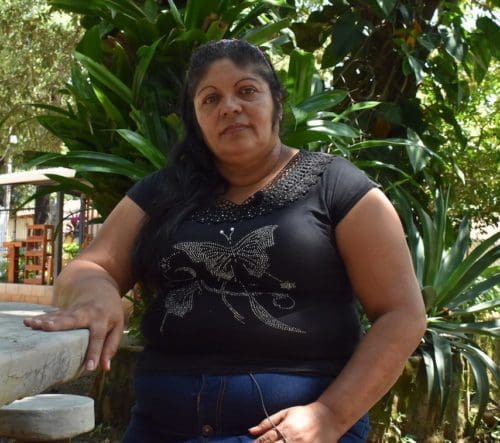
SUCHITOTO, El Salvador — At barely 11 years old, I served as a midwife for mothers during the civil war in El Salvador. I still hear the words my mother spoke to me. “You’ll have to help me deliver your little brother because my midwife cannot,” she said. She gave me quick instructions and put a diaper in my hand to help the baby’s head from slipping. My body filled with paralyzing fear and anxiety.
I did not choose this path and never imagined becoming a midwife in El Salvador’s civil war. Helping these women opened my eyes to the challenges we face in our country. It pushed me to devote my life to helping mothers and defending women’s rights.
She ran to the river to wash off the blood
With every moment that passed as I delivered my brother, my concerns worsened. This felt like too much responsibility for a child.
When I saw my brother’s head peeking out, I wanted to leave the room in a hurry. I felt uneasy and scared. I stayed, however, knowing they needed me. That moment changed my life.
Read more stories from El Savador at Orato World News
After my brother’s birth, I ran to the river to wash the blood from my body. What I witnessed that day shocked me. It remains in my memory even now. You always remember your first delivery. This one, especially, stayed with me.
After that experience, I helped my mother with the births of five more members of our family. Some of those children still refer to me as mom sometimes. We share a unique bond, and I love them like my own children. I also gained experience and started to enjoy the responsibilities of a midwife.
In the midst of a dangerous war, we worked to save lives
The people of El Salvador struggled to access healthcare before the civil war. In rural areas like my home in La Unión, we had limited access to streets and hospitals remained far away. They only accepted extreme cases and many people opted to die at home.
Pregnant women rarely considered giving birth at hospitals. Instead, they labored to access a network of midwives. Few other alternatives existed.
The problem worsened when the civil war broke out in El Salvador. After my older died in the war, I joined the armed conflict to fight for our rights. In the countryside, women like me stepped up. They became willing to give their lives for the cause. We fought for a better future and much-needed social and economic change.
Women played a key role in healthcare during those times. We took care of the ill, mended wounds, and prepared natural medicines to heal the men. I attended numerous childbirths. War does not slow down the birth of children. The situation merely worsened the conditions for pregnant women.
With limited care, they faced many threats, including death. Having helped birth many children in my family, I naturally offered my support to save these women and children. Midwives like me brought new babies into a world during the war, while we fought for their future.
Delivering a baby in the middle of a jungle
I attended a memorable birth in 1984 after receiving a call to help a colleague who went into labor. I stayed with her for seven hours. Minutes before the birth, rain poured down on us. We looked for refuge under a large stone which barely protected her. We sat in the mud, on a plastic sheet where the baby was going to be born. With no help other than the old rags that we carried, I tried my best to deliver her baby in the middle of a jungle.
Though the delivery succeeded, the baby fell ill with fever a few days later. With no treatment available, death seemed inevitable. Thankfully, a Mexican doctor came to us and diagnosed her. He warned us we needed to amputate one of the baby’s hands due to infection.

In this line of work, you sign up to witness difficult moments. This moment in particular deeply traumatized me. I felt heartbroken for that baby. Sometime later in life, the university of La Unión invited me to give a lecture. Upon hearing my name, a young woman approached me.
She had a prosthetic hand and worked as a doctor. She asked me personal questions, and then identified herself as that baby I delivered in the jungle years ago. Together, we cried, remembering the story and all of the overwhelming emotions that day.
The birth of feminist organizations in Suchitoto
After the Peace Accords in El Salvador on January 16, 1992, we faced multiple challenges. We needed to rebuild the social fabric of the country. This meant creating spaces for women to hold active roles in society and be recognized. In 1991, we founded the Concertación de Mujeres de Suchitoto (CMS), a women’s association to benefit women’s rights.
After the Peace Accords, a great uncertainty plagued us. Rebuilding ourselves and learning a new way of life proved challenging. We came out of 12 years of war. Despite all the reforms, we wondered how to deal with the lingering problems.
In order to combat the stereotypes imposed by a generally macho society, it seemed imperative that women take the initiative and band together. As a result, in 1994, Sister Peggy, a religious woman committed to social change, joined our organization and guided us.
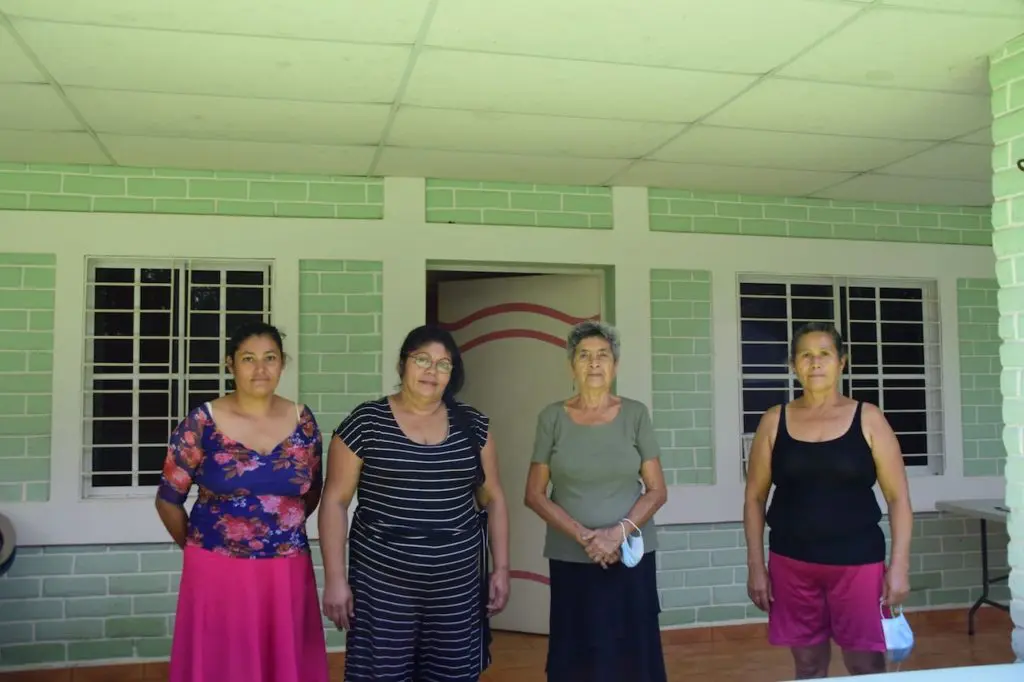
Men not only opposed our interests, they viewed us as ineffective and incapable of turning the wheel of change. They imprisoned us by an ideal: women should remain at home and raise families. Faced with opposition, we strategized ways to meet in secret, under the guise of attending church.
We chose places our spouses would not venture to and organized our plans. Sister Peggy often helped to convince suspicious husbands to let their wives out. The year 1994 became critically important. We funded The Association of Midwives of Suchitoto “Rosa María Andrade.” It still exists to this day, though the government refuses to recognize it.
We were seen as outlaws by a punishing government
We trained with the International Medical Relief Fund. With the support of the Ministry of Health, we obtained a card that accredited us. It later lost its validity.
Funding and supplies for medical care decreased by then. Only one hospital provided medical services to 84 communities. Urban regions received little coverage. Due to the distance and lack of available transportation, many families, particularly those with pregnant women, could not reach the hospital.
During the Covid-19 Pandemic, many women feared infection, and chose to seek the help of midwives. Without any salary, we carried out our work, even to the most remote communities devoid of medical services. We traveled on foot to most locations, often miles away.
The government’s failure to acknowledge midwifery as significant work casts a shadow over all our honorable efforts. The practice of midwifery is illegal today. Sanctions punish both midwives and women seeking their help. These women have no access to medical care, and we keep them alive. Yet, the government condemns us for it.
As midwives, we receive no support. After dedicating our entire lives to helping women, we feel discouraged to see that we remain invisible and under-valued. Only the women of our communities highlight our exploits and speak our names with pride.
Our work will keep existing for as long as women need us
Despite the difficulties, some organizations help us with our work and donate money to buy prenatal vitamins or other medical items we provide to pregnant mothers free of charge. Prenatal exams, family planning, couples therapy, and sexual and reproductive education remain part of our treatment. From sixth grade to high school, we provide these services in the communities and the schools.
All 29 of us who serve as midwives received world-class training from international organizations and undertook tremendous responsibilities. Each birth we facilitate gives us a sense of purpose. For this reason, we continue to resist.
We continue to fight. More recently, we started another association of midwives in Panchimalco. It remains part of our larger association. We continue our search for more women dedicated to this work. The sooner people realize women are the gateway to the world, the quicker they will understand the importance of our work.







